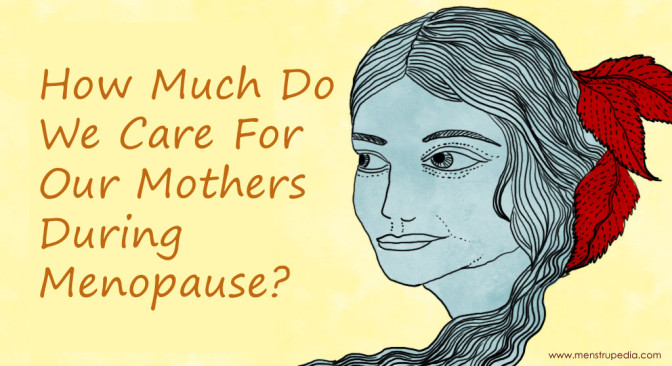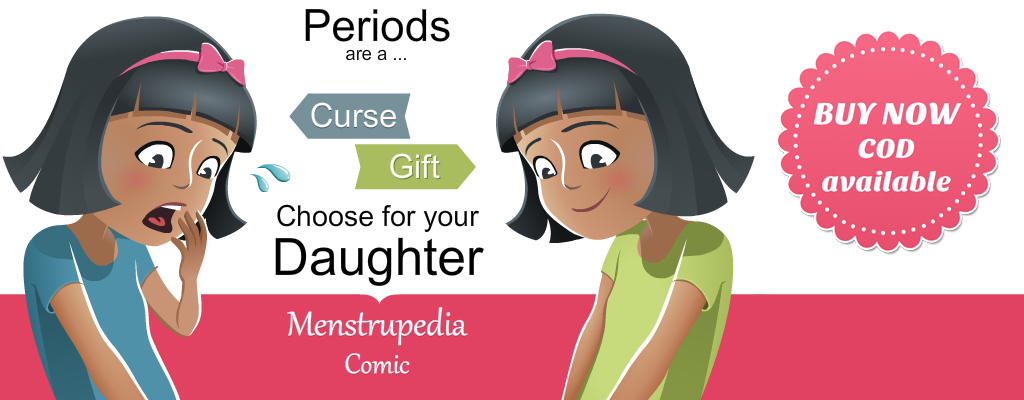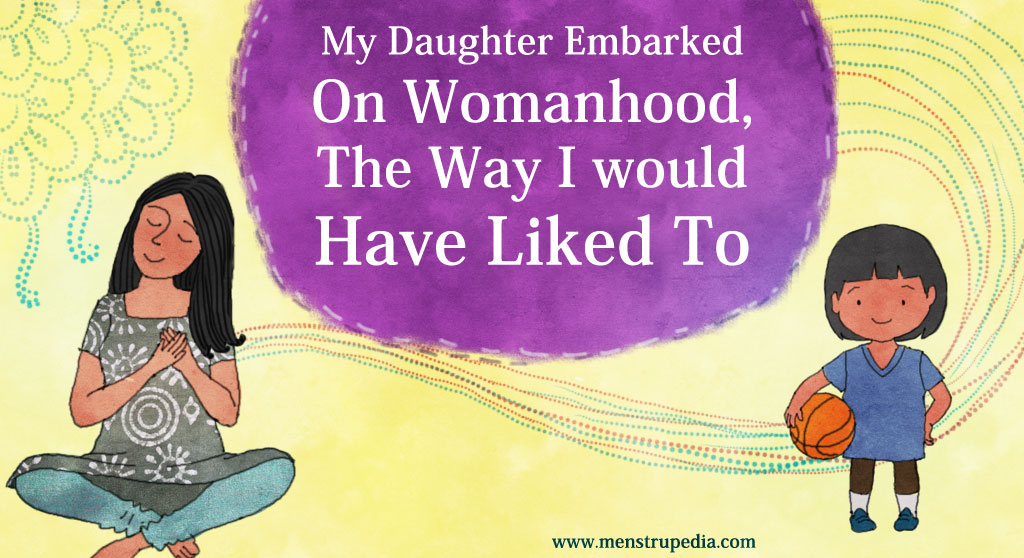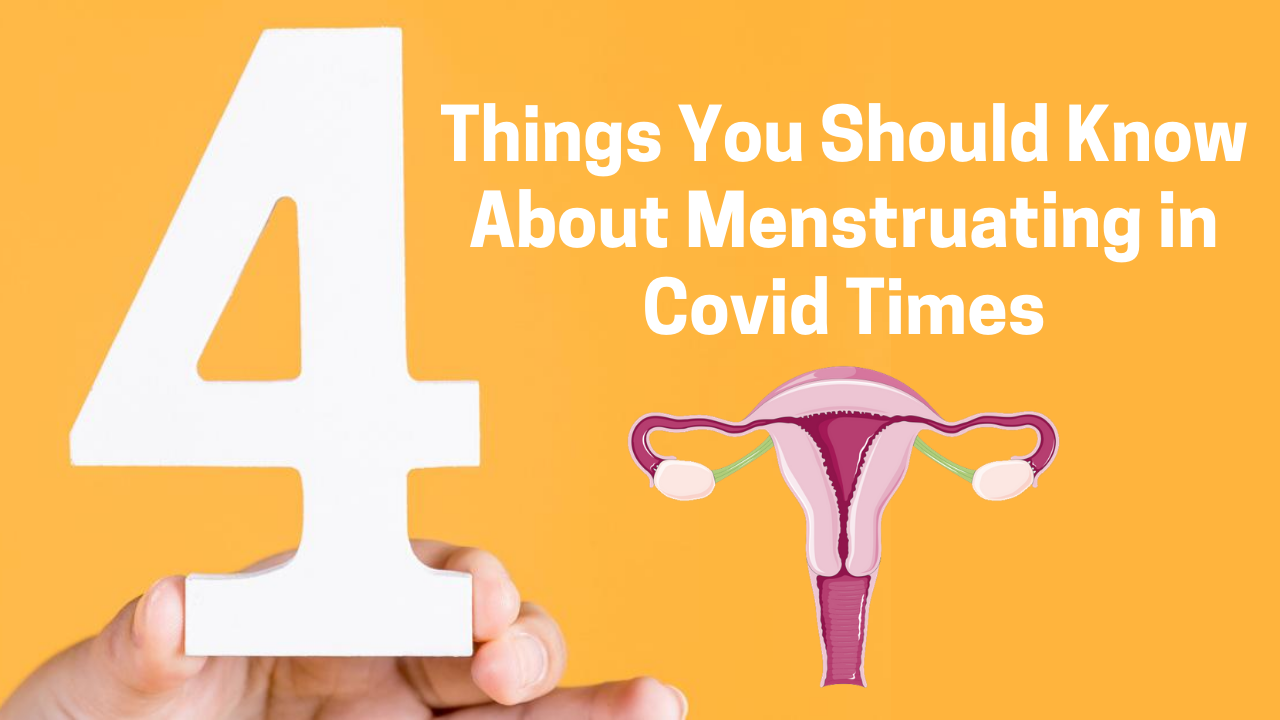Our mothers brought us up from an infant to who we are today. Taking care of them when they grow old shows our love and gratitude. The financial and medical aspects of taking care are the most commonly understood aspects, but what about scenarios which are not so apparent? There are many health issues which our mothers go through and suffer but are often shy of conveying. Many a times, they don’t even understand what is happening to their own health and well being.
Menopause is one such condition when our mothers go through many physical and psychological changes like mood swings and short-term memory loss. Many times periods stop temporarily and start again. The reasons behind these sudden changes are very often difficult to discern even by them. In cases when they do realize, it is very common to just slide it under the carpet and not talk about it.[inlinetweet prefix=”” tweeter=”” suffix=””] Talking about womanly issues in our society is considered shameful.[/inlinetweet] Unfortunately, there are no good established ways to get a proper education or information about menopausal symptoms. However, we know that our mothers educate us and give us all the knowledge to be fit and healthy, whenever we need it. Did we try to educate ourselves and tell our mothers about complications and how to manage their health issues during menopause?
Menopause is the point in time when women stop having their periods. The years leading up to that last period is called menopausal transition or peri-menopause and this is when women experience the most discomfort. Peri-menopause in particular begins several years before menopause. Women usually experience irregular periods or very heavy bleeding and blood clots. Anxiety attacks, hot flashes, shortness of breath, breast tenderness, chest pain, dizziness, heart palpitations, weight loss, sadness, and irritability are some of the symptoms of peri-menopause. On average, signs and complications last 3-5 years and are usually worse during the year following the last menstrual period.
Hot flashes and vaginal dryness are the two most frequently linked symptoms. They can begin in the peri-menopause, or they may not start until after the last menstrual period. In order to alleviate hot flashes, proper care and observation is needed to detect signals that trigger them. Some triggers include hot beverages, spicy food, high temperatures, stressful situations, alcohol, caffeine, and some medications. Deep breathing and yoga is known to help many women in dealing with hot flashes. Also, for many women, vaginal dryness may contribute to a lower sex drive and hence problems arise with their partners. Most of the time, the timing of menopause coincides with other stressful situations like relationship issues, divorce or widowhood, care of young children, struggles with adolescents and burdensome care-giving responsibilities to their aging parents. Many women also deal with career and educational issues at the same time. This is the time when our mothers need us the most.
As their children, it is our responsibility to remind them that taking care of their own needs is equally important while dividing time between their work obligations and in caring for their family. [inlinetweet prefix=”” tweeter=”” suffix=””]Sadly, the irony is that we feel embarrassed in even reaching out to help in this case.[/inlinetweet] Infact, it is also the time when we ourselves are tackling our own adolescent/adulthood problems. We are busy finding our jobs, our own friends and our own partners. We forget that it is also our responsibility to pay attention to our mothers and help them through the changes that their bodies are going through. It is our duty to be there with them emotionally and ensure that they stay stress free. [inlinetweet prefix=”” tweeter=”” suffix=””]Our society never teaches us to take this role. [/inlinetweet]Worse, we are ourselves often completely unaware of menopause. Our society and culture assumes it to be shameful to talk about anyone’s sexuality or related problems, let alone one’s own respected mother. Respect and love has indeed taken a very superficial form in our society. We need to put an end to this attitude.
Our mothers are our go-to person when we have anything to discuss about our bodies and our private parts. We might hesitate to start the conversation, but we know that we can. No matter if you are a boy or a girl; you know at the bottom of your heart that there is nothing to be shy about in talking to her about your body. Is it because she has already seen you naked? No! It is because you know she is your mother! You know she really cares for you. She told you that one should take care of both their mental and physical well being and she always volunteered herself to talk to you about your body. Mothers demonstrate to their children that talking about your body and concerns to people close to you is not shameful. But did we ever think that they might want to have the same relationship back as well? I want to know how many of us ask them about their bodies without any shame and hesitation.
It is often said that a mother-daughter bond is like that of best friends. Daughters are better positioned to understand menopausal issues with their mothers but this responsibility shouldn’t be limited to daughters only. Sons can play an equal part here.[inlinetweet prefix=”” tweeter=”null” suffix=”null”] If a boy can talk all about it to some other girl or his wife, then why not with his own mother?[/inlinetweet] This hesitation to openly talk and communicate about genuine health concerns are social mistakes, not our mothers’ fault. If we try to talk about it with them, they will not interpret it in any other way but our love and concern towards them. So, let’s sit with our mothers and ask them if they are going through any problems including health issues like menopausal symptoms and complications. Let’s be open and cooperative and help them deal with their issues in the best possible way and show them our own warmth and concern. This is another taboo that we need to fight but it is easy to fight it because we need to just go and talk to no one else but our own mothers!
Author: Garima Kushwaha
Garima is a Bioinformatics PhD candidate at the University of Missouri, USA. Her research focuses on studying genomics and epi-genomics affairs. Apart from research, she loves to spend her time at the gym, particularly in running and dancing. She blogs here.









